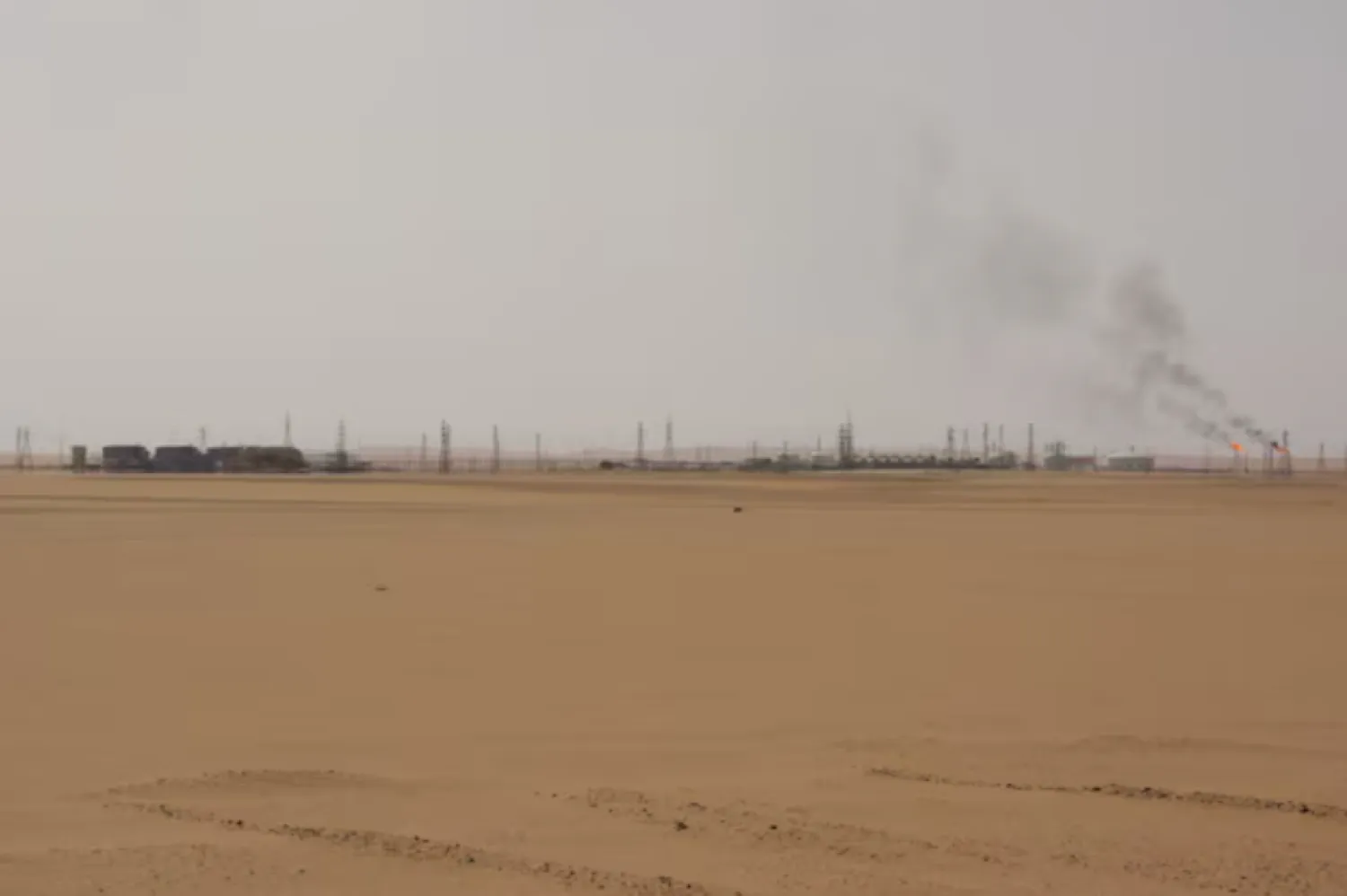The government in eastern Libya announced on Monday that all oilfields would be closed down and production and exports halted, while there was no word from the country's internationally recognised government in Tripoli.
The National Oil Corp (NOC), which controls the country's oil resources, also provided no confirmation, according to Reuters.
NOC subsidiary Waha Oil Company, however, announced it planned to gradually reduce output and warned of a complete halt to production citing "protests and pressures".
Waha, which operates a joint venture with TotalEnergies and ConocoPhillips, has a production capacity of about 300,000 barrels per day (bpd) which is exported through the eastern port of Es Sider.
It operates five main fields in the southeast including Waha which produces more than 100,000 bpd as well as Gallo, Al-Fargh, Al-Samah and Al-Dhahra.
Most of Libya's oilfields are in the east, which is under the control of Khalifa Haftar who leads the Libyan National Army (LNA).
The Benghazi government did not specify for how long the oilfields could be closed.
Two engineers at Messla and Abu Attifel told Reuters on Monday that production was continuing and there had been no orders to halt output.
- POWER STRUGGLE
Libyan factions are locked in a power struggle over control of the central bank and the country's oil revenue.
The latest round of tensions emerged after efforts by political factions to oust the Central Bank of Libya (CBL) head Sadiq al-Kabir, with rival armed factions mobilising on each side.
The Tripoli-based CBL said on Monday that it suspended its services at home and abroad "due to exceptional disturbance".
The central bank is the only internationally recognized depository for Libyan oil revenue, which provide vital economic income for the country.
"The Central Bank of Libya hopes that its ongoing efforts in cooperation with all relevant authorities will allow it to resume its normal activity without further delay," it said in a statement.
It temporarily shut down all operations last week after a senior bank official was kidnapped but resumed operations the next day after the official was released.
A major oil producer, Libya has had little stability since a 2011 NATO-backed uprising. It split in 2014 with eastern and western factions that eventually drew in Russian and Turkish backing.
The NOC declared force majeure earlier this month at one of the country's largest oilfields, Sharara, located in Libya's southwest with a capacity of 300,000 bpd, due to protests.
Libya's oil production before Sharara's closure stood at about 1.2 million bpd.
El Feel in southwestern Libya would be the only functioning oilfield, with a capacity of 130,000 bpd, if production is halted in the east.










